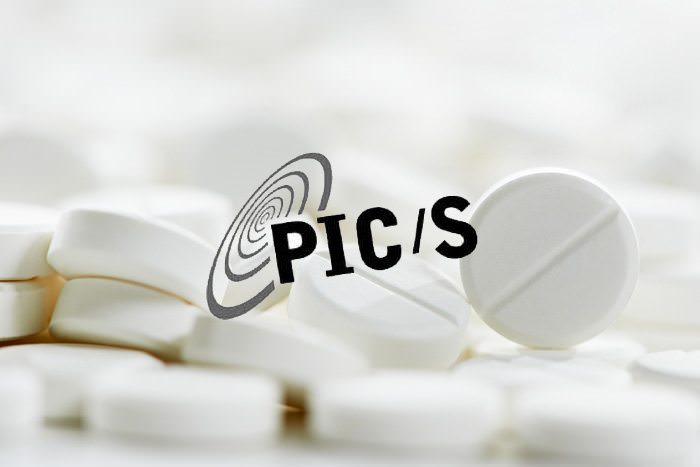PIC/S GMP – 3 reasons why you should care
1. Over 70% of world drugs are produced in PIC/S GMP facilities (member countries or companies)
With the US FDA joining PIC/S in 2011 and many other agencies in the queue, compliance with the PIC/S GMP regulations should be a priority for any pharmaceutical manufacturer exporting to multiple countries. I heard recently that countries where the Authorities are PIC/S members now represent over 70% of the world spend on drugs. So commercially, PIC/S is critical in our rapidly shrinking global village.
 I’m equally in awe of the authors of the World Health Organisation’s (WHO) GMPs, who contribute their expertise free of charge and in their spare time. PIC/S GMPs, on the other hand, are written by regulators.
I’m equally in awe of the authors of the World Health Organisation’s (WHO) GMPs, who contribute their expertise free of charge and in their spare time. PIC/S GMPs, on the other hand, are written by regulators.
2. Fewer GMP audits
As described on the PIC/S website, the mission of the PIC/S organisation is “to lead the international development, implementation and maintenance of harmonised Good Manufacturing Practice (GMP) standards and quality systems of inspectorates in the field of medicinal products.”
In practical terms, this means that if a country joins PIC/S they will recognise the outcome of a GMP inspection and assessments done by other PIC/S member countries – (mostly) without the need for an additional inspection.
Take a hypothetical manufacturer supplying pharmaceuticals to multiple countries – typically they would be subjected to inspections from the regulatory bodies of each country. For those countries who are members of PIC/S, an inspection by another PIC/S member country may be accepted without the need for a further inspection. This represents a huge saving for manufacturers in terms of supporting and responding to audits.
Note that product registration / marketing authorisation is still required in each country – it’s only the GMP inspection results that are being shared.
3. Making safer drugs available quickly
While the factors I’ve listed above are commercial incentives for companies, for me, the PIC/S mission is more critical than this. It is about getting life saving medicines made available to patients faster and being safe when they are available.
As a young Plant Manager in pharmaceutical manufacturing I was frustrated by the GMP “restrictions”. I wanted to innovate and improve things. As I’ve matured, I realise that the regulations were only put in place as a result of Gross Mistakes by People – mistakes that would happen over and over again without the GMPs enforcing best practice. I encourage the adoption of universal GMPs such as PIC/S and of course, like many others, look forward to a single world pharmacopeia.


